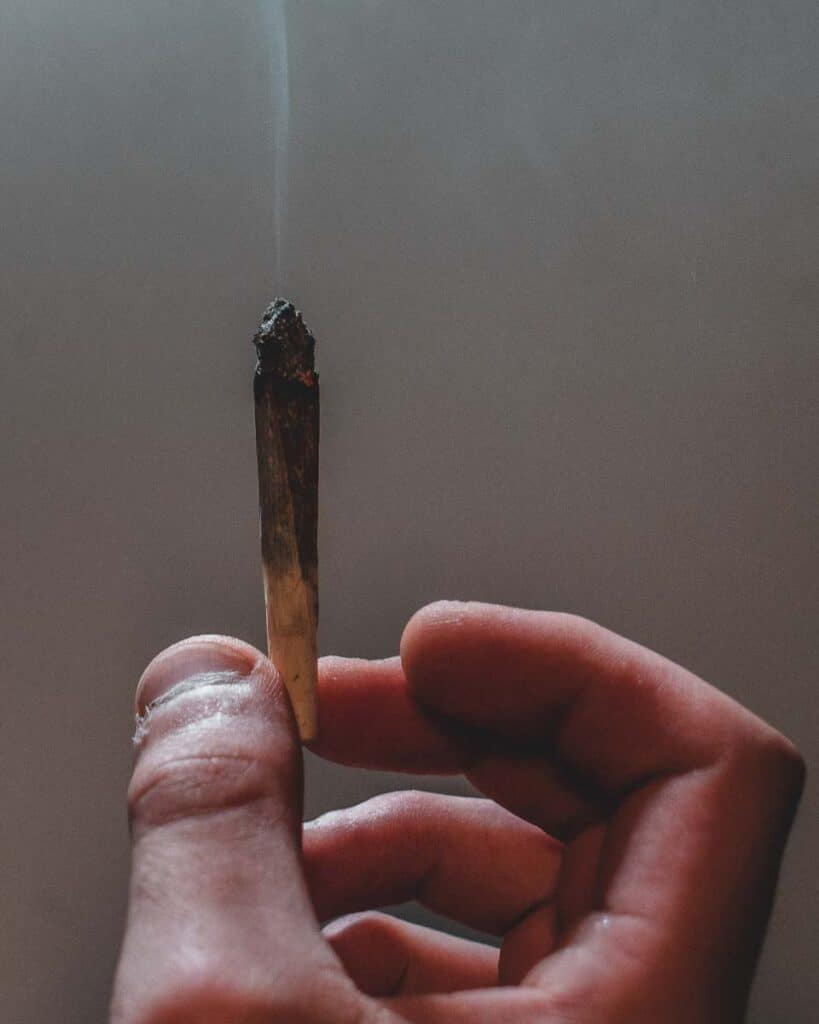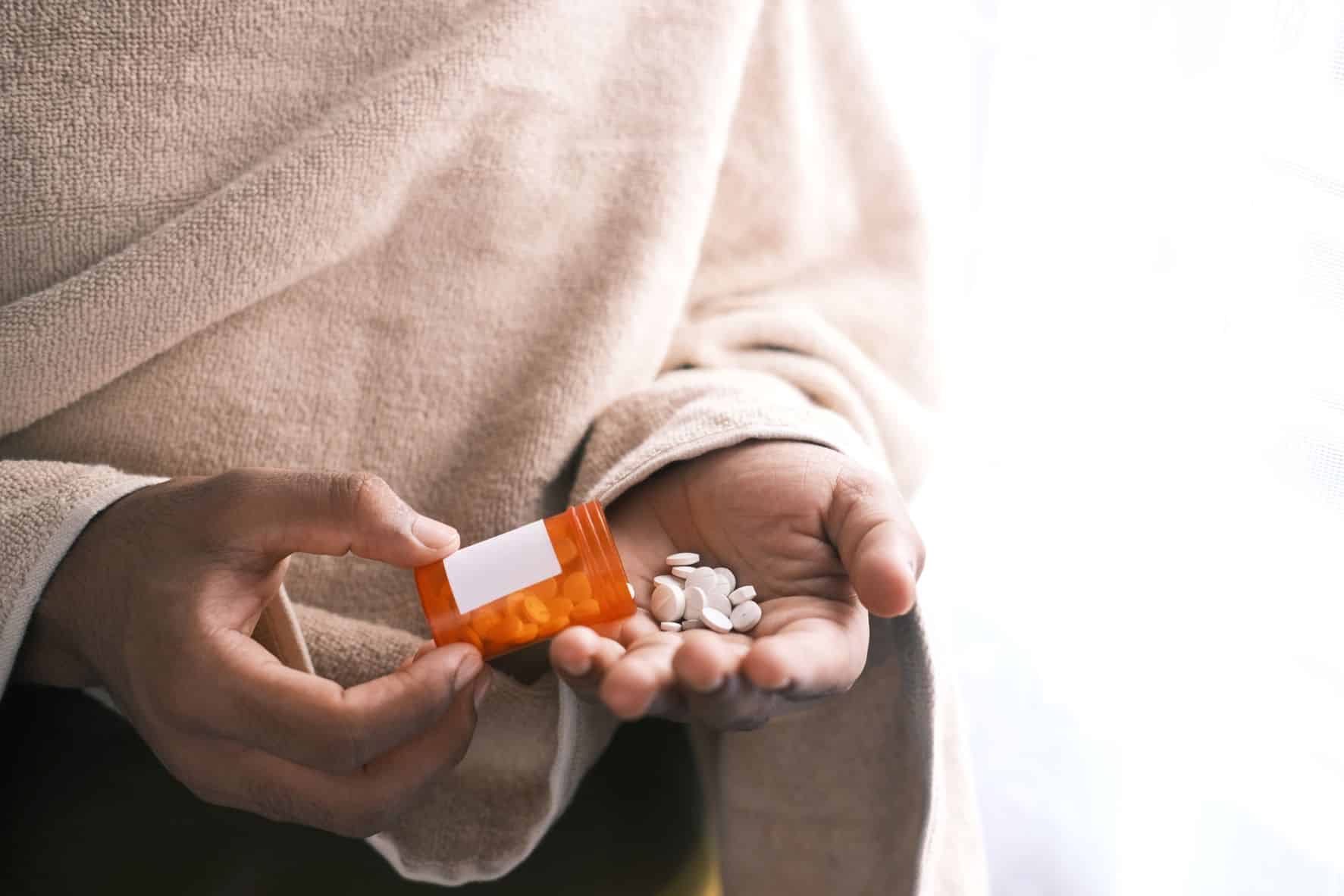Drug addiction is a common problem in the United States. Over 20 million people are addicted to drugs and many more struggle with substance abuse. The realities of drug addiction are not often discussed, but they should be because they affect so many people.
Drug addiction can happen to anyone- no matter who you are or where you live. We must understand what causes drug addiction, how it affects the brain, and why some people become addicted while others don’t.
We must also address the stigma associated with this issue and the toll that drug addiction takes on addicts’ lives. Here are the realities of drug addiction to combat them better today.
Define Drug Addiction
Drug addiction is a chronic, relapsing brain disease that causes compulsive drug seeking and use, despite harmful consequences to the individual who is addicted and to those around them. Drug addiction happens when repeated exposure to drugs alters a person’s ability to feel pleasure from things in their environment and changes in the structure of their brain, leading people to become dependent on these substances.
Drugs take over an addict’s life and can be very hard to break free from, which is why addiction should be considered a severe disease. People suffering from substance abuse disorder will have increased cravings for drugs even after years of withdrawal or treatment, which can lead to relapse.
In addition, users may experience unpleasant feelings such as anxiety, stress, and depression during periods of abstinence from using addictive substances which makes individuals more likely to go back to taking drugs again (NIDA).
Signs and Symptoms of Drug Addiction

Drug addiction signs and symptoms vary according to the type of drug being abused. Some common signs may indicate a person has an issue with drugs. These include:
- Changes in sleeping patterns or appetite can indicate someone is abusing illicit substances.
- A loss of interest in people/activities they once enjoyed could also mean changes due to their drug use.
- Other indications are weight loss, change in clothing style, paraphernalia such as pipes for smoking crack cocaine, or baggies for storing heroin.
- They also entail isolating themselves from family members and friends without explanation or reason, mood swings including sudden outbursts which seem unwarranted by any given situation, mainly if they occur regularly, and a general change in personality.
Changes That Occur to the Brain When a Person Takes Drugs
When a person abuses drugs, the brain changes in a way that makes it hard for them to stop. The more medications they take, the stronger this need becomes, and many addicts find themselves unable to resist taking another dose of their drug of choice.
Addiction causes changes to the brain which can be long-lasting and create intense cravings for drugs. These changes in the brain also affect a person’s self-control, judgment, and ability to make decisions about their behavior.
People who are addicted often feel like they have lost themselves or no longer know what is best because of how powerful drug addiction has become. Addiction creates an overpowering drive that makes it difficult for people to stop using drugs without help from friends, family members, health care providers, or counselors.
Reasons Why Some People Become Addicted to Drugs While Others Don’t.

Many factors can explain why one person becomes addicted to drugs while another does not. These factors include biology, environment, development, and mental health issues.
Biology: Some people may be more prone to addiction due to biology. They may have a higher sensitivity to the effects of drugs, or they may find it harder to break free from addiction. Some biological factors that may contribute to addiction are genetics, brain chemistry, and biology.
Environment: Drug addiction can also be caused by a person’s background. If someone is exposed to drugs at an early age or in a high-risk environment, they are more likely to become addicted. People who live in poverty-stricken areas with easy access to illegal substances may be more likely to become addicted due to the higher availability of drugs.
Development: The way a person develops can also affect their likelihood of becoming addicted to drugs. People who experience trauma or neglect during development may be more likely to turn to drugs as a coping mechanism.
Mental Health Issues: Mental health plays a crucial role in addiction and can contribute to why some people become addicted while others do not. Those who have mental disorders such as anxiety disorder, depression, and bipolar disorder are more likely to seek relief from their symptoms by turning to drugs or alcohol, which may lead to becoming addicts over time if they start using substances regularly.
The stress of dealing with a mental illness on top of trying to get through day-to-day tasks without the use of drugs is difficult for anyone, but especially those who struggle with these conditions may be more inclined towards drug abuse
Wrong company: Spending time with bad people can also lead to drug addiction. If someone is surrounded by others using drugs, they are more likely to start using themselves.
Trouble in school, at home, or at work. Difficulties in other areas of life can also lead to drug addiction. People who are struggling at school, at home, or at work may turn to drugs as a way to cope.
Can Drug Addiction Be Cured or Prevented?
While it is not currently possible to cure drug addiction, there are many methods of helping people recover from it. Drug addiction can be prevented by avoiding drugs in the first place and getting help for those who are already struggling.
The following are treatment methods for drug addiction:
Behavioral therapy: This type of therapy helps people learn how to avoid drugs and deal with the triggers that lead to drug use.
Medication: Several medications are available that can help people recover from addiction. These medications target different aspects of addiction, such as cravings or withdrawal symptoms.
Therapeutic communities: These communities provide support and treatment for people recovering from addiction. They offer a safe environment where people can share their experiences and receive help from others in recovery.
Sober living homes: Sober living homes provide a supportive environment for people trying to stay sober. Residents live together and follow the rules designed to keep them sober.
When choosing the best treatment plan, consider the following:
- It is essential to identify what the person is hoping to achieve by getting treatment. Some people may be more concerned with preventing relapse than they are with avoiding drugs completely.
- The length of time that a drug addict has been using on average per week.
- Whether or not the person experiencing addiction also struggles with mental health issues such as depression and anxiety disorder, making it harder for them to stay clean after completing rehab.
The Stigma and Toll of Addiction
There is a lot of shame attached to drug addiction, making it hard for people to get treatment. Drug addicts often face discrimination from friends, family members, employers, and society at large. They also have a high risk of death due to overdose or related causes such as violence or accidents while intoxicated. This makes recovery difficult because they may feel like there is no reason to live without their addictions in control.
The stigma of drug addiction can be reduced by providing more opportunities to get help. This includes better access to treatment, increased awareness of addiction issues through education efforts, and reducing the shame attached to drug abuse.
People struggling with drug abuse can also find support by connecting with other addicts in recovery. There are several online communities where people can connect over their shared experiences or support each other daily while working towards sobriety.
Methods of Helping Drug Addicts

The following are ways of helping drug addicts:
- Providing support and understanding to addicts and their loved ones
- Creating awareness about the dangers of drug addiction and its effects on individuals, families, and society as a whole
- Offering rehabilitation services to those who are addicted to drugs
- Helping addicts access resources that can assist them in overcoming their addiction
- Promoting responsible use of medication and educating people on the risks associated with abusing drugs
The most important thing you can do is provide support and help for drug addicts who want to get clean and sober. There are many effective programs available that can assist in this process, and it is essential to seek out assistance if you or someone you know is struggling with addiction. You can overcome drug addiction with time, patience, and hard work.
Myths About Drug Addiction
Myth: People turn to drug addiction because they like the sensation of being high. People choose drugs over their family and friends. Drug addicts are selfish people who only care about themselves and don’t want anything but more drugs in their lives. Drugs ruin a person’s life completely, making them unemployable and unlovable by anyone else in society. A person can become addicted after just one try- even if it was a minimal amount or the quality/strength of the drug wasn’t very good.
Reality: Many factors contribute to someone becoming an addict- not just having access to illegal substances such as cocaine, marijuana, and heroin. Some people do this much worse than others due to biological predispositions (genetics), environmental influences, early exposure to drugs and alcohol, co-occurring mental health disorders, and social factors (friends, family dynamics).
Understand Drug Addiction
Drug addiction is a severe issue that should not be taken lightly. There are many misconceptions about it, and people are often unsympathetic to those who suffer from it. However, drug addiction is an actual disease that can be cured or prevented with the right help.
There are many methods of helping drug addicts, and the stigma and toll of addiction should not keep people from seeking help. Drug addiction is a severe problem, but there is hope for recovery.

